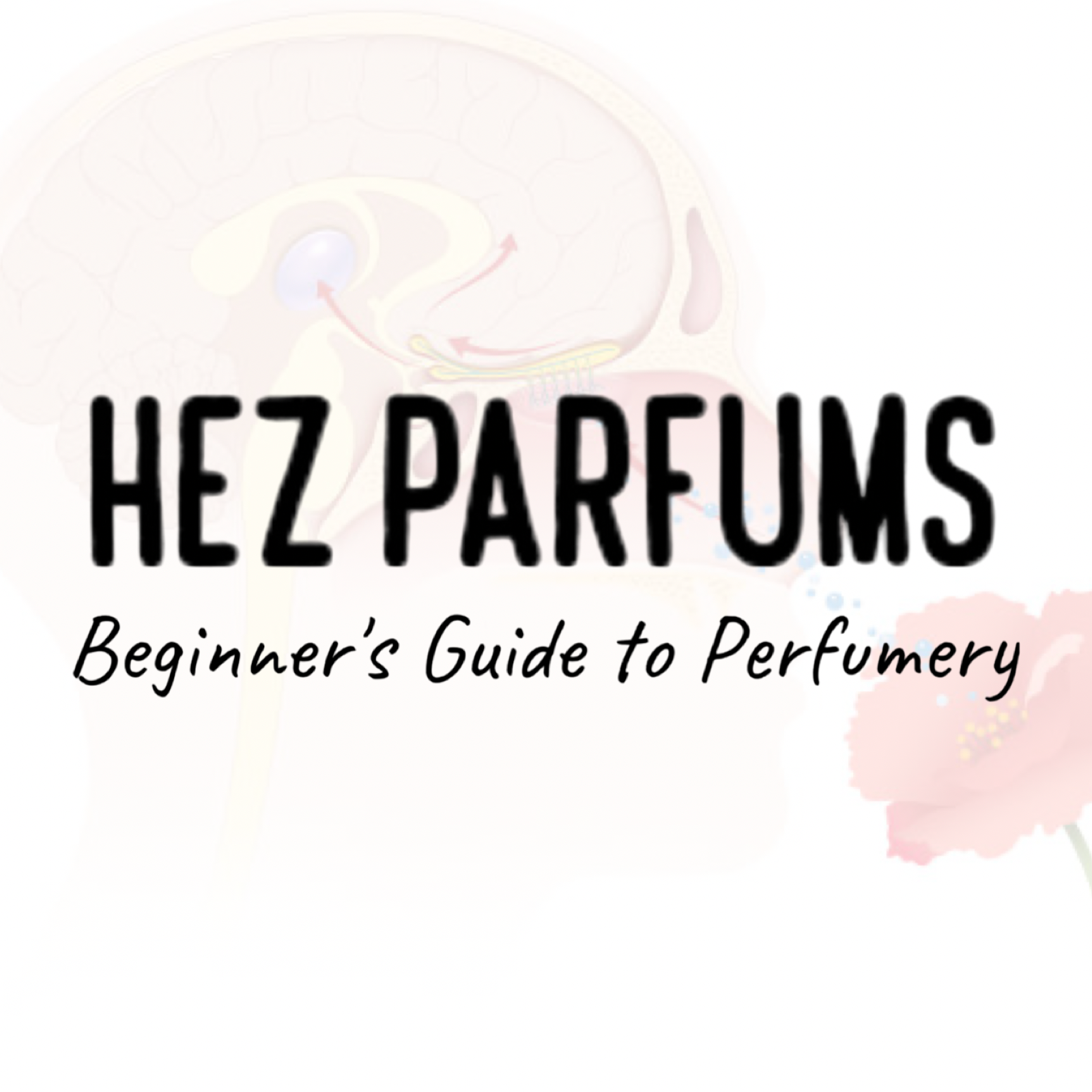Hez Parfums Beginner's Guide to Perfumery 023 - The Science of Smell

Hez Parfums Beginner's Guide to Perfumery 023 - The Science of Smell
When you spritz your favorite perfume, it's not just a fragrance you're experiencing—it's a complex dance of neuroscience that begins with the olfactory bulb, a crucial part of your brain's smell-processing system. This fascinating neural structure is instrumental in how we perceive scents and their emotional significance, making it central to our appreciation of perfumes.

The olfactory bulb, or bulbus olfactorius, is situated in the vertebrate forebrain and serves as the gateway for olfactory information. When you encounter a scent, molecules travel through the nasal cavity and bind to olfactory receptors, sending signals to the olfactory bulb. This bulb then processes these signals before relaying them to other areas of the brain, including the amygdala, orbitofrontal cortex (OFC), and hippocampus.
Here's where it gets interesting: the amygdala is deeply involved in processing emotions, the OFC in evaluating the quality of smells, and the hippocampus in linking scents to memories. Together, these regions help shape our emotional responses and memories associated with different perfumes.

The olfactory bulb is divided into two primary structures: the main olfactory bulb and the accessory olfactory bulb. The main olfactory bulb is the more prominent structure and sends information to the amygdala through the piriform cortex of the primary olfactory cortex. This direct connection allows for the rapid emotional processing of scents. The accessory olfactory bulb, located on the dorsal-posterior region of the main bulb, provides a parallel pathway that can influence our sensory experiences.
Damage to the olfactory bulb can lead to a loss of smell, known as ipsilateral anosmia, which can significantly affect one's ability to enjoy perfumes. Conversely, irritation or lesions in related brain areas can result in olfactory and gustatory hallucinations, altering one's perception of smells and tastes.

In essence, the olfactory bulb is not just a sensory organ but a critical player in how we experience and remember perfumes. It bridges the gap between scent and emotion, making the experience of wearing or smelling a perfume uniquely personal and evocative. So next time you enjoy a fragrance, remember that your brain's olfactory system is hard at work, blending science and emotion to enrich your sensory journey.

